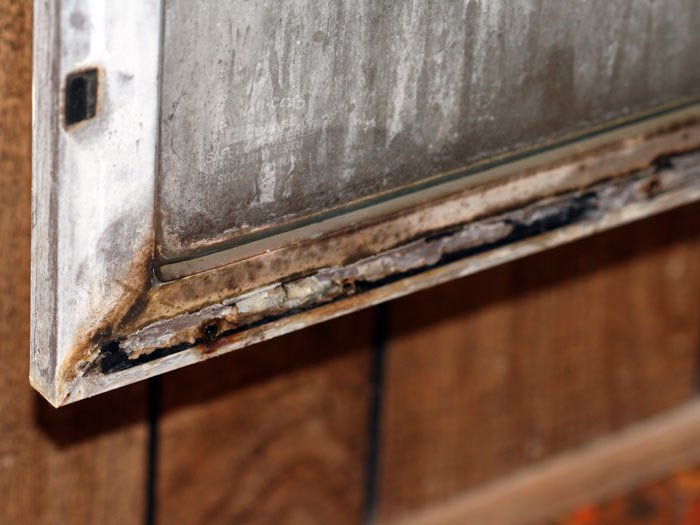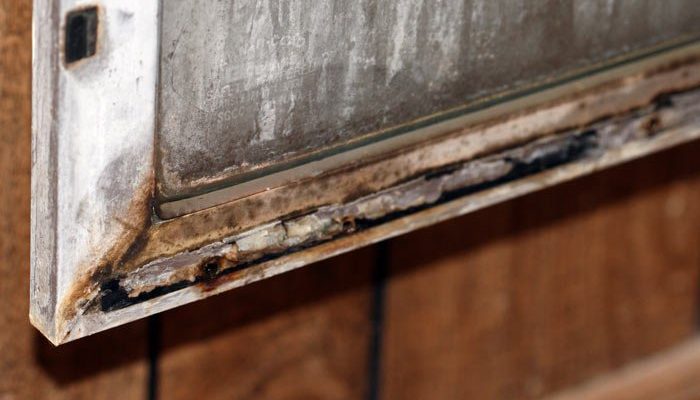
Door hardware, like handles, locks, and hinges, can be made from various materials, including brass, stainless steel, or even plastic. Each material reacts differently to certain cleaners—much like how your car’s paint needs specific care. Let me explain why this matters and how you can troubleshoot corroding door hardware effectively.
Understanding Corrosion: What’s Happening?
Corrosion is a natural process where metals react with moisture, air, or chemicals, leading to deterioration. Think of it as a slow, invisible battle that wears away your door hardware. When you use certain cleaning products, particularly those with harsh chemicals, you can accelerate this process.
Wear can manifest in various ways, such as discoloration, peeling, or even structural integrity loss. For instance, if you’re using a cleaner designed for glass but getting it on your brass door handles, you’re likely causing more harm than good. Here’s the thing: not all cleaners are suitable for every surface.
You might be wondering how you can tell if your door hardware is corroded. Common signs include:
- Visible rust or discoloration
- Sticky movement in the hinges or locks
- Pitting or flaking on the surface
Recognizing these signs early can save you from costly replacements down the line.
Identifying the Type of Door Hardware
Before jumping into solutions, it’s crucial to know what type of door hardware you’re dealing with. The materials can range greatly, impacting how they react to different cleaning agents.
For example:
- Stainless Steel: Typically resistant to rust but can still corrode if cleaners are overly harsh.
- Brass: Very susceptible to tarnishing and corrosion, especially with acidic or abrasive cleaners.
- Plastic or Composite: Usually resistant to corrosion, but harsh chemicals can degrade their appearance.
Understanding this can guide your cleaning choices and help you pick a more suitable method. If you have stainless steel, a gentle soap solution might suffice. For brass, you might even consider a specialized cleaner designed for that material.
Checking Your Cleaning Products
Next, let’s talk cleaning products. You might have a go-to cleaner that works wonders on kitchen surfaces but isn’t suitable for your door hardware. Here’s where you need to play detective.
Scan your cleaning arsenal for ingredients that could harm metal. Look for:
- Acids (like vinegar or lemon)
- Abrasives (like scouring pads or powders)
- Bleaches or ammonia
If you spot any of these, it’s time for a switch. Choose gentle, non-abrasive cleaners, or better yet, stick to warm, soapy water for regular cleaning. This simple switch can make a significant difference in preserving your door hardware’s lifespan.
Preventing Future Corrosion
To avoid the same issues in the future, consider these preventive tips. You might think that proper cleaning is enough, but maintenance is equally important.
1. Use Suitable Cleaners: Always choose cleaners that are safe for the specific material of your hardware. It pays to read labels!
2. Regular Maintenance: Wipe down hardware regularly to prevent buildup. A quick clean with a soft cloth can help maintain its appearance.
3. Protective Coatings: Some doors and hardware can benefit from a coat of wax or polish that adds a protective layer, making it difficult for moisture or chemicals to penetrate.
By adopting these practices, you’re not just preventing corrosion; you’re also extending the life of your door hardware.
Repairing Corroded Hardware
If corrosion has already set in, don’t despair. You can often restore your door hardware with a bit of effort. Here’s how:
1. Clean the Area: Start by removing any surface dirt with a soft cloth.
2. Use a Corrective Cleaner: For brass, a mix of vinegar and baking soda can work wonders. Apply with a soft cloth and rub gently.
3. Rinse and Dry: Make sure to remove all cleaner residue with water and dry thoroughly.
4. Reapply Protective Coating: After cleaning, applying a protective wax can help prevent future issues.
If the corrosion is severe, it might be necessary to replace parts like locks or handles. Some stores even offer restoration services for heavily damaged hardware.
When to Consider Replacement
Sometimes, despite your best efforts, corroded hardware might be beyond repair. Here are a few signs that it may be time to replace rather than repair:
– Severe Functional Issues: If your door doesn’t latch properly or hinges are falling apart, it’s a safety issue.
– Significant Damage: If visible corrosion affects the look, value, or integrity of your door, replacement could be the best option.
– Outdated Style: If your hardware is not just corroded but also outdated, it might be a good opportunity to upgrade to something more modern or efficient.
When you do decide to replace hardware, consider a universal option or a new style that complements your home’s aesthetic while ensuring long-term durability.
Corroding door hardware is a frustrating issue, but understanding the root causes can help you troubleshoot effectively. By recognizing the types of materials you’re working with, choosing the right cleaning products, and following maintenance tips, you can significantly extend the life of your hardware.
Remember, it’s all about being proactive. Just like you wouldn’t wash your car with abrasive scrubbers, you should treat your door hardware with care. If you find that corrosion is already an issue, tackle it head-on with some simple cleaning techniques. And above all, don’t hesitate to replace worn-out parts when necessary. Protecting your investment in door hardware will ensure not only a beautiful finish but also peace of mind for years to come.
